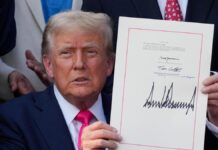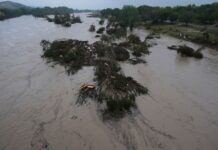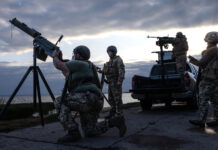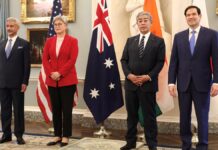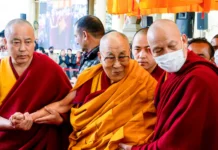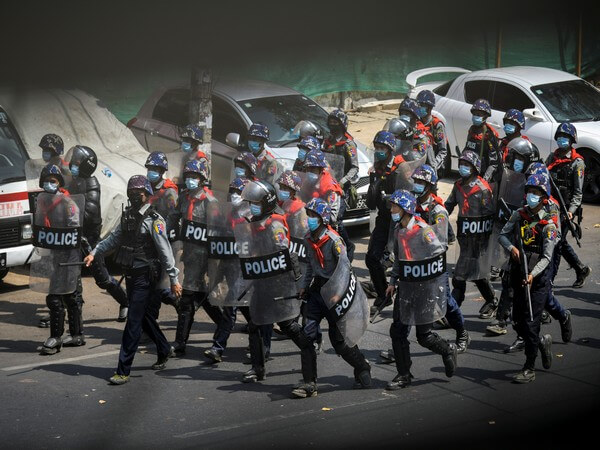
GENEVA: United Nations human rights investigator on Myanmar Thomas Andrews on Thursday (local time) urged the Security Council to impose a global arms embargo and economic sanctions on the military generals and move the atrocities to the International Criminal Court for prosecution.
According to a report by Al Jazeera, Andrews said that the military in Myanmar has murdered, beaten and unlawfully arrested protesters since it seized power in a coup on February 1.
Calling for wide-ranging punitive sanctions, Andrews urged the UNSC to impose a global arms embargo and targeted economic sanctions on the military rulers.
He also said that the issue of atrocities on the civilians should be taken up at the International Criminal Court for prosecution.
States should impose sanctions on the Myanmar Oil and Gas Enterprise, now controlled by the military and its largest source of revenue, he said in a report to the UN Human Rights Council in Geneva, Al Jazeera said. The UNSC will be discussing the situation on Friday in a closed meeting.
Condemning Wednesday’s firing on the pro-democracy protesters by the Myanmar military, UN Special Envoy for Myanmar Christine Schraner Burgener has said that it was the “bloodiest day” since the February 1 coup. “Today was the bloodiest day since the coup happened on the first of February. Only today, 38 people died…Now, more than 50 people died since the coup started,” Schraner Burgener said during a press briefing.
She further said that the incidents in Myanmar are not an internal affair as they affect the stability of the region. “We know that ethnic armed organisations are determined not to allow this to continue. They also said that they’d suspend the dialogue with the Tatmadaw [Myanmar military]. If both sides start to use violence, then we have a situation of a real war in Myanmar,” she added.
The demonstration against the Myanmar Army, which ousted the democratically elected government of civilian leader Aung San Suu Kyi, has entered its fourth week. Security forces have begun a violent crackdown on protestors in towns and cities across the country. At least 18 people were killed and more than 30 injured in Myanmar on Sunday, as police and military forces “confronted peaceful demonstrations,” the UN Human Rights Office said.
The reported casualties marked Sunday as the deadliest day since the military seized power on February 1.
Despite increasing international pressure to restore the democratically-elected government, the Myanmar junta has ignored the condemnation and has continued to violently suppress the protests against its unlawful takeover of the country. Several ousted lawmakers have even designated the military as a terrorist organisation.
On Saturday, Myanmar’s military fired the country’s United Nations Ambassador after he appealed to the UN General Assembly (UNGA) for international help to overturn the coup.
Moreover, Myanmar’s ousted civilian leader Kyi, who was detained following the coup, said that two more charges have been added to those filed against her since the coup.
Hundreds of people have been arrested since the coup, according to activists, the latest a journalist for the Democratic Voice of Burma (DVB), who live-streamed security forces outside his apartment on Monday in the coastal town of Myeik, where he had been filming protests. DVB confirmed the arrest, Bangkok Post reported.
The military coup of February 1 halted Myanmar’s tentative steps towards democracy after nearly 50 years of military rule and has drawn condemnation and sanctions from the United States and other Western countries, and growing concern among its neighbours. (ANI)

